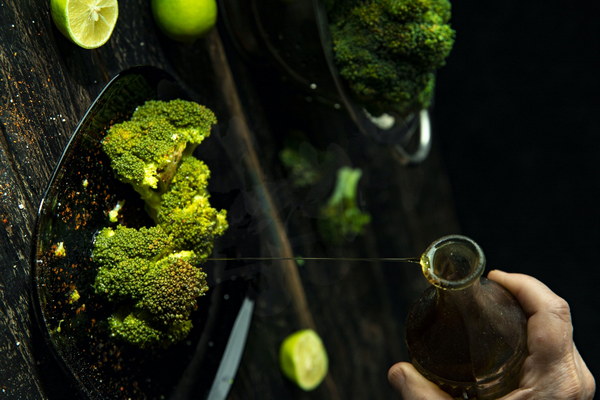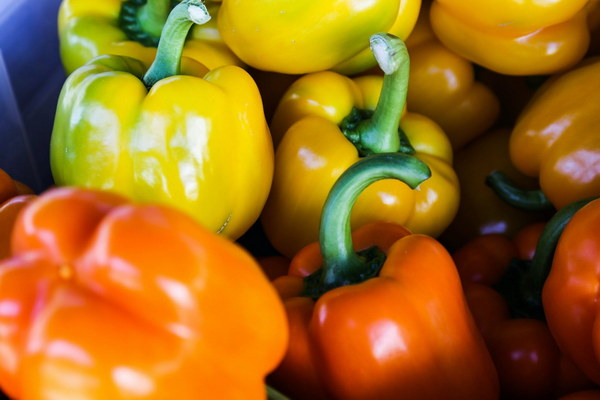Does Nourishing Rice Pulp Nourish or Harm the Liver
In recent years, the popularity of nourishing rice pulp has soared as a health food trend. Packed with nutrients, this rice-based porridge is often praised for its potential health benefits. However, there is a debate surrounding whether nourishing rice pulp is beneficial for the liver or if it could potentially harm it. This article delves into the topic, exploring the effects of nourishing rice pulp on liver health.
The Benefits of Nourishing Rice Pulp for the Liver
Nourishing rice pulp is made by processing rice into a fine, paste-like consistency. This process helps to unlock the nutritional benefits of rice, making them more accessible to the body. Here are some ways in which nourishing rice pulp may support liver health:
1. Rich in Antioxidants: Rice pulp is rich in antioxidants, which help to neutralize harmful free radicals in the body. Free radicals can damage liver cells and contribute to liver disease. By combating free radicals, nourishing rice pulp may help to protect the liver from oxidative stress.
2. High in Fiber: The high fiber content in rice pulp can aid in digestion and promote bowel regularity. This is beneficial for the liver because a healthy digestive system means fewer toxins and waste products are retained in the body, reducing the liver's workload.
3. Glutathione Support: Glutathione is a powerful antioxidant that plays a crucial role in protecting liver cells. Rice pulp contains ingredients that may help to increase glutathione levels in the body, thereby supporting liver detoxification and repair.
4. Low in Fats and Calories: Nourishing rice pulp is typically low in fats and calories, making it a healthier alternative to other high-calorie, high-fat foods. This can be particularly beneficial for those with fatty liver disease, as it may help to reduce the accumulation of fat in the liver.
Potential Risks of Nourishing Rice Pulp to the Liver
While nourishing rice pulp offers several potential benefits for the liver, there are also risks to consider:

1. Overconsumption: Anything consumed in excess can be harmful. If individuals consume too much nourishing rice pulp, it may lead to an overabundance of certain nutrients, which could potentially strain the liver and affect its function.
2. Allergic Reactions: Some individuals may have allergies or sensitivities to rice or other ingredients used in the preparation of nourishing rice pulp. Consumption of these ingredients could lead to allergic reactions, which may have adverse effects on the liver.
3. Processed Ingredients: Some commercial varieties of nourishing rice pulp may contain added preservatives, flavorings, and sugars. These processed ingredients can be harmful to the liver, especially if consumed in large quantities.
Conclusion
In conclusion, nourishing rice pulp has the potential to both nourish and harm the liver, depending on various factors such as the individual's overall health, dietary habits, and the quality of the rice pulp consumed. To maximize the benefits and minimize the risks, it is essential to consume nourishing rice pulp in moderation and opt for high-quality, organic varieties. Additionally, individuals with pre-existing liver conditions or dietary restrictions should consult with healthcare professionals before incorporating nourishing rice pulp into their diet.
By understanding the potential benefits and risks, consumers can make informed decisions about whether nourishing rice pulp is a suitable addition to their liver-healthy diet. Remember, a balanced diet and a healthy lifestyle are key to maintaining optimal liver function.









